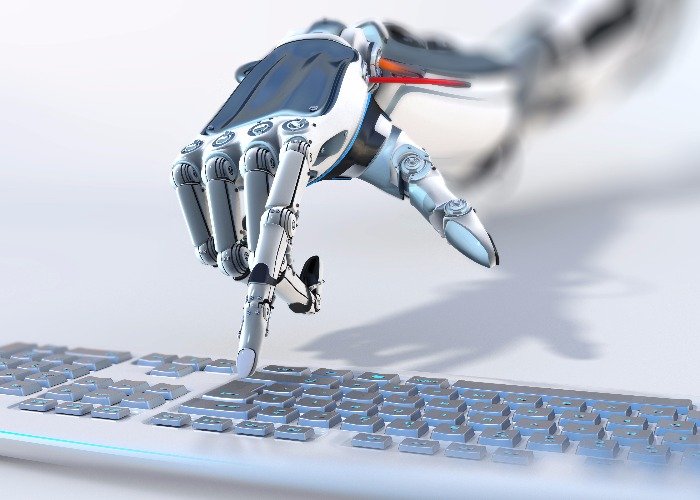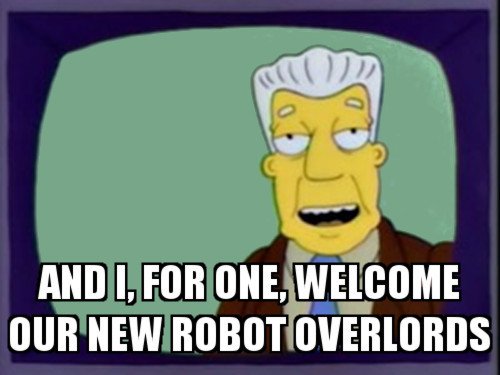“When it comes to mergers, hope triumphs over experience.” − Irwin Stelzer, US economist and columnist

Image Source
In my MBA program, one of the books I read had the following to say about Mergers and Acquisitions:
“Mergers and acquisitions also represent one of the great paradoxes of strategic management. A slew of empirical studies have shown that mergers and acquisitions create little or no value overall. However, for acquiring firms, the evidence is clear: on average, acquisitions destroy shareholder value for the acquirer. The beneficiaries of mergers and acquisitions are the shareholders of the acquired firm together with the lawyers and investment bankers who arrange them.” (Grant, 2013, p. 359)
The “hope” that “triumphs over experience” from the quote by Mr. Stelzer must be on the side of the acquiring firms.
As the above paragraph points out “the beneficiaries of mergers and acquisitions are the shareholders of the acquired firm”.
And that my firends, is the best news about AI that no one is sharing.
We know the internet is rife with attention grabbing clickbait fear based headlines about AI.
We know if it bleeds, it leads.
That as the author of Thinking, Fast and Slow, Daniel Kahneman, puts it: “The brains of humans and other animals contain a mechanism that is designed to give priority to bad news.”
Hence the articles like:
This last one is where the connections between Mergers and Acquisitions (M&A) becomes good news if you believe Elon Musk.
As he puts it: “Over time I think we will probably see a closer merger of biological intelligence and digital intelligence”.
The good news is that we are the ones in this scenario, if it plays out as such, being acquired.
He also metions the possibility of artificial intelligence that’s “smarter than the smartest human on earth”.
If we are to survive through the becoming of cyborgs as the article suggest, then we are not the superior, or acquiring, firm, we are the lesser firm that will benefit more from the merger than AI.
“When a robot can do your job better than you, without the need for breaks or sleep, the harsh truth is that you may not have that job for much longer.”
For some people, this possibility might be scary.
Others may seek this time with open arms.
All things equal, or ceteris paribus if you prefer, I’d rather not work.
Or at least not have to work, but rather create on my own accord without having to be concerned about making ends meat.
My productivity might dip at first, but even without high payouts on posts, I continue to produce content on steemit showing my desire to do things when I don’t have to.
Sure I might be rewarded, but there are no guarantees.
And that’s okay.
I love to create posts anyways.
Bring on the robots to take our jobs.

Image Source
The last point I want to address is the benefit of AI and the possibilities of some different economic structures.
I am not sure where I come down on the idea of UBI (universal basic income).
From what little I’ve read about it, the idea is alluring and seems good, but the mechanics behind how it would work and be sustainable are lacking.
There is no denying this however:
“Every time I go into the city centre, there are more homeless people than there were last time. The weather is bitter. They huddle in wet sleeping bags. Some have hats. Others don’t.
This is what it is to live in a society ruled by money. The biggest crime is to have none. What else is punished so harshly? Even murderers have a bed for the night and a guaranteed meal. The rest of us live in fear of a life on the pavements.” Source
Seriously.
Being poor = crime in most places.
With the rising cost of basic necessities for no reason, it is hard to argue with the idea that something must be done.
Here is a reason we have problems with housing:
“Yes, homes are bigger than they used to be, but part of that is zoning laws which make it easier to get big houses than small houses. There are a lot of people who would prefer to have a smaller house but don’t. When I first moved to Michigan, I lived alone in a three bedroom house because there were no good one-bedroom houses available near my workplace and all of the apartments were loud and crime-y.
Or, once again, just ask yourself: do you think most poor and middle class people would rather:
1. Rent a modern house/apartment
2. Rent the sort of house/apartment their parents had, for half the cost
Source
I know this firsthand because I recently sold my home and was looking to downsize to save money and be in a more affordable smaller house.
However, downsizing from a 3 bedroom 2 bath 1500 square foot home means getting down to a home a size that most likely is not allowed to be built anywhere any more.
We ended up finding a 2 bed 1 bath ~900 square foot home that was built in 1965.
That is a over 50 year old home.
Just to be smaller.
Because of zoning laws.
Or take education:
“Which would you prefer? Sending your child to a 2016 school? Or sending your child to a 1975 school, and getting a check for $5,000 every year?
I’m proposing that choice because as far as I can tell that is the stakes here. 2016 schools have whatever tiny test score advantage they have over 1975 schools, and cost $5000/year more, inflation adjusted. That $5000 comes out of the pocket of somebody – either taxpayers, or other people who could be helped by government programs.
Source
But we have a problem…
“Business now depends on the Internet. No major business organisation can opt out. No divorce is possible. The daily operation of capitalism is now built upon it.
It has changed some sectors altogether. As a musician, I know the effect it has had on the music industry. Huge corporations have fallen by the wayside. Who pays for recorded music these days? A generation has grown up with the idea that music is free.
Likewise, newspapers wither and die. They are online now. But people expect their stories for free.
And who can blame them? Kevin Kelly wrote that the Internet is a huge copying machine. Anything created in digital form can have millions of copies within minutes. At zero cost. In other words, for free.
You can’t do that with physical products. I can’t make a table and there be a million copies in minutes. To get a million tables, I have to make another one. And then another. And keep on going. It costs time and money. Lots of it. It’s not free.
Source
“For the moment, we sell our labour to get money to buy the things we need. But soon, they won’t need our labour. So who do we sell it to? If there’s nobody to sell it to, where do we get money? And if we have no money, how do we pay the rent, buy food, buy anything?!
It’s not just our problem. The robot owners are pretty stuck too.
If we don’t have money, they don’t have a market to sell to. What’s the point of all these robots if they’re making stuff that nobody can buy?
Source
I don’t know the answer, but I am interested in this and can’t wait to see what comes next.
Let me know, what do you think about AI, UBI, or the future?
References
CONSIDERATIONS ON COST DISEASE.
http://slatestarcodex.com/2017/02/09/considerations-on-cost-disease/
Grant, B. (2013). Contemporary strategy analysis (8th ed.). Hoboken, NJ: John Wiley & Sons.
Humans must become cyborgs to avoid AI domination.
http://www.independent.co.uk/life-style/gadgets-and-tech/news/elon-musk-humans-cyborgs-ai-domination-robots-artificial-intelligence-ex-machina-a7581036.html
Killer Robots And The Death Of The Rule Of Money.
http://www.alunparry.com/2017/02/16/killer-robots-death-rule-money/
When will a robot steal your job?.
https://www.lovemoney.com/news/48941/robot-replacement-jobs-risk

Check Out My Latest Post:
P.S. Get $500 to spend how you want where you want on whatever you want when you use my link now to refinance your student loans with Credible.
This offer has been extended until March 31st, but you need to start the refinancing process between now and 3/31/17 to be eligible for the $500 reward.
